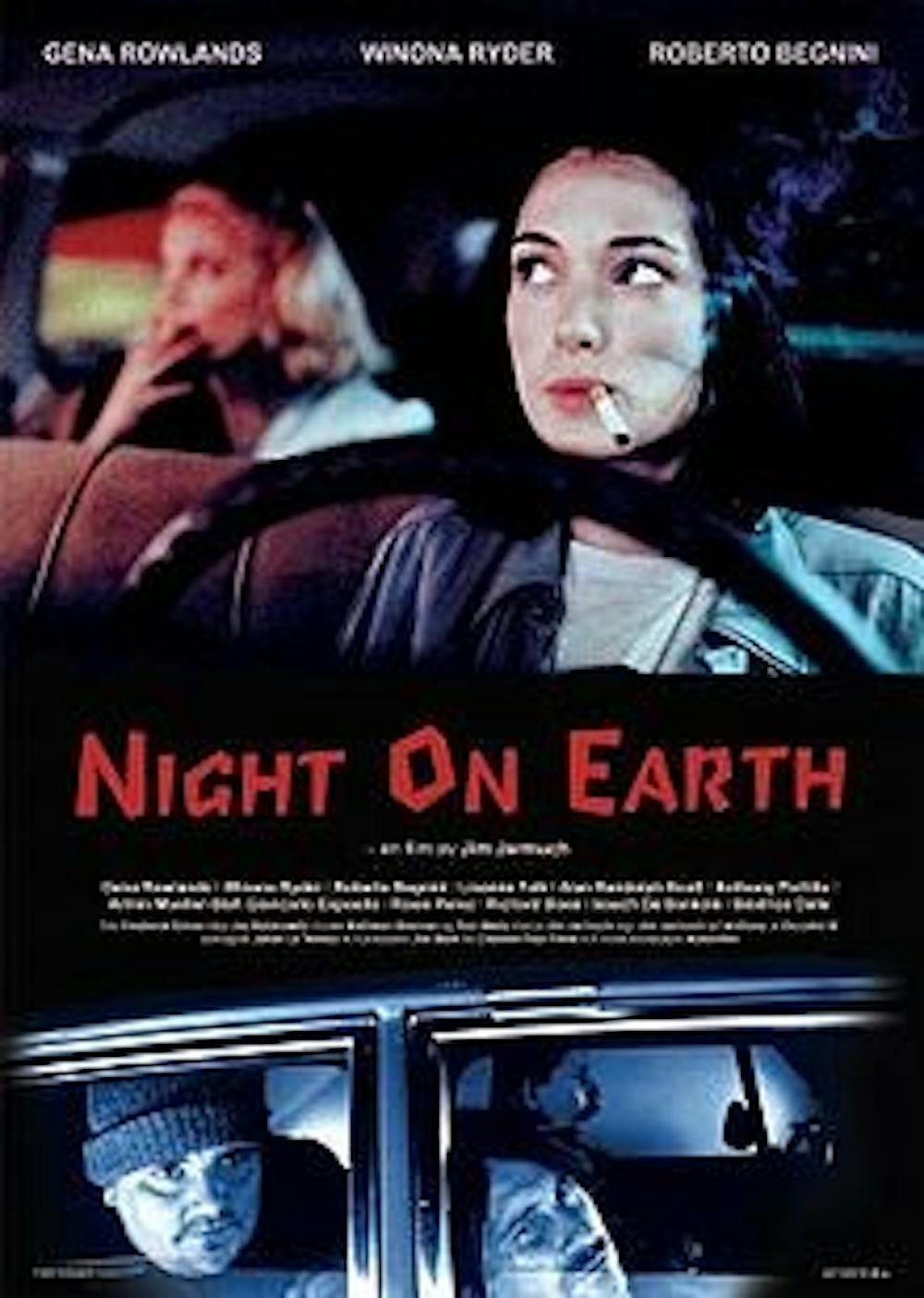The Philadelphia Film Festival on October 20, with a screening of Damien Chazelle’s La La Land, brought with it a wide variety of films both old and new to diversify your movie palette. To kick off the festival, I decided to catch one of the classics they screened for the section called “From the Vault,” which encourages viewers to see some earlier cinematic works in which some contemporary film contributors have a hand.
Night on Earth, directed by Jim Jarmusch, is a film made up of five vignettes. Each vignette takes place during a cab ride in five different cities in five different time zones—Los Angeles, Paris, Helsinki, New York City and Rome. Ranging from comical to poignant, the vignettes manage not only to capture the eccentric identity of each city, but to remind us how intimate taxi rides can be.
The film is the type of comedy that initially comes off as dry and indirect. It begins with a slow pace despite the fact that it’s set in a fast–paced city (in this case, Los Angeles). The intimate conversations happening in the close proximity of the cabs are incredibly well juxtaposed against the vast, impersonal landscapes of the cities where they are filmed. As introspective the movie is, though, it is equally funny. There’s an old humor we rarely see in films anymore that toes the line between sarcastic and dad–humor that only the '90s could give us. The cast also brings the characters to life in a truly authentic way, so that even if you’ve never come into contact with anyone like them, you don’t doubt that they exist somewhere in the world.
Taking apart the movie story–by–story makes it much easier to criticize, but then one does not see the full story for what it is. While the first cab ride in LA, featuring Winona Ryder as Corky—a young, foul–mouthed taxi driver with no interest in being in movies—being discovered by a casting agent who hitches a ride in her cab, could be seen as just as trite as the Parisian taxi driver from the Ivory Coast learning that being blind doesn’t mean being unable to do from his blind passenger, together the stories create a hilarious look into the uncomfortable human phenomena that is being utterly clueless.
With a plot that can seem a bit forced if done improperly, the film has a director (Jarmusch) and a star studded cast (Winona Ryder and Giancarlo Esposito, to name a few) who manage to show us the intimacy strangers can have even if only for a car ride. Jarmusch’s brand of comedy reminds us how funny the mundane can be, but—if there is no greater moral to the story—the movie reminds us that we are all vulnerable. We’re more ready to speak our minds to a stranger who we’re sure we will never meet again if only to have someone to talk to and not judge us (because that’s really all we want, right?).







